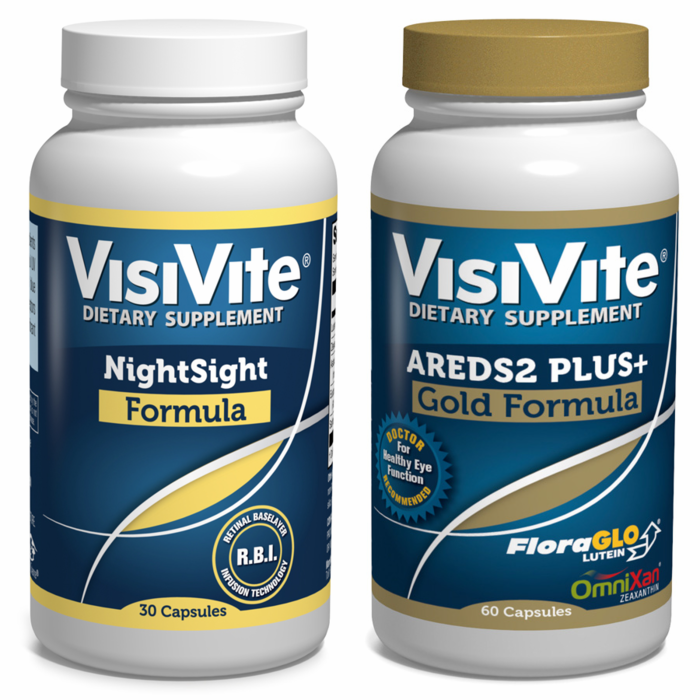
Eggs-actly - Macular Degeneration risk reduced with egg intake
Eating a serving of eggs a few times a week may be exactly what you need to help maintain ocular health as you age according to a new study in the journal, Clinical Nutrition.
The authors found that eating at least two eggs in a weekly diet helped to avoid age-related macular degeneration.
The population-based cohort study involved 3,654 participants aged 49 years and up. Researchers found that participants who ate between two and four eggs a week reduced their risk of developing age-related macular degeneration (AMD) by 49 percent. In addition, participants eating between two and four eggs a week had a 62 percent reduced risk of developing the wet form of AMD.
Results of the study indicate that the moderate intake of eggs results in a significant risk reduction of developing late-stage AMD over 15 years.
Consumption of whole eggs containing the egg yolks are known to increase blood concentrations of lutein and zeaxanthin, carotenoids that are known to be beneficial for eye health.
People without macular degeneration who wish to increase their lutein and zeaxanthin content without increasing their fat intake can take VisiVite Super Lutein 444 (44 mg lutein, 4 mg zeaxanthin) or VisiVite NightSight (20 mg lutein, 4 mg zeaxanthin, plus saffron and European Black Currant).
People WITH macular degeneration are advised to take one of the VisiVite Premium AREDS 2 formulas.
Andrea Schumann
Andrea Schumann is Customer Service Manager for Vitamin Science and is a regular contributor to the Shop VisiVite Blog. Andrea has a Bachelor of Science degree in Business Administration from Central Methodist University.




![Download [FREE Book Today]](https://no-cache.hubspot.com/cta/default/5009299/d9a95b1e-cc91-49c0-9d4d-0080f765610f.png)

Comments